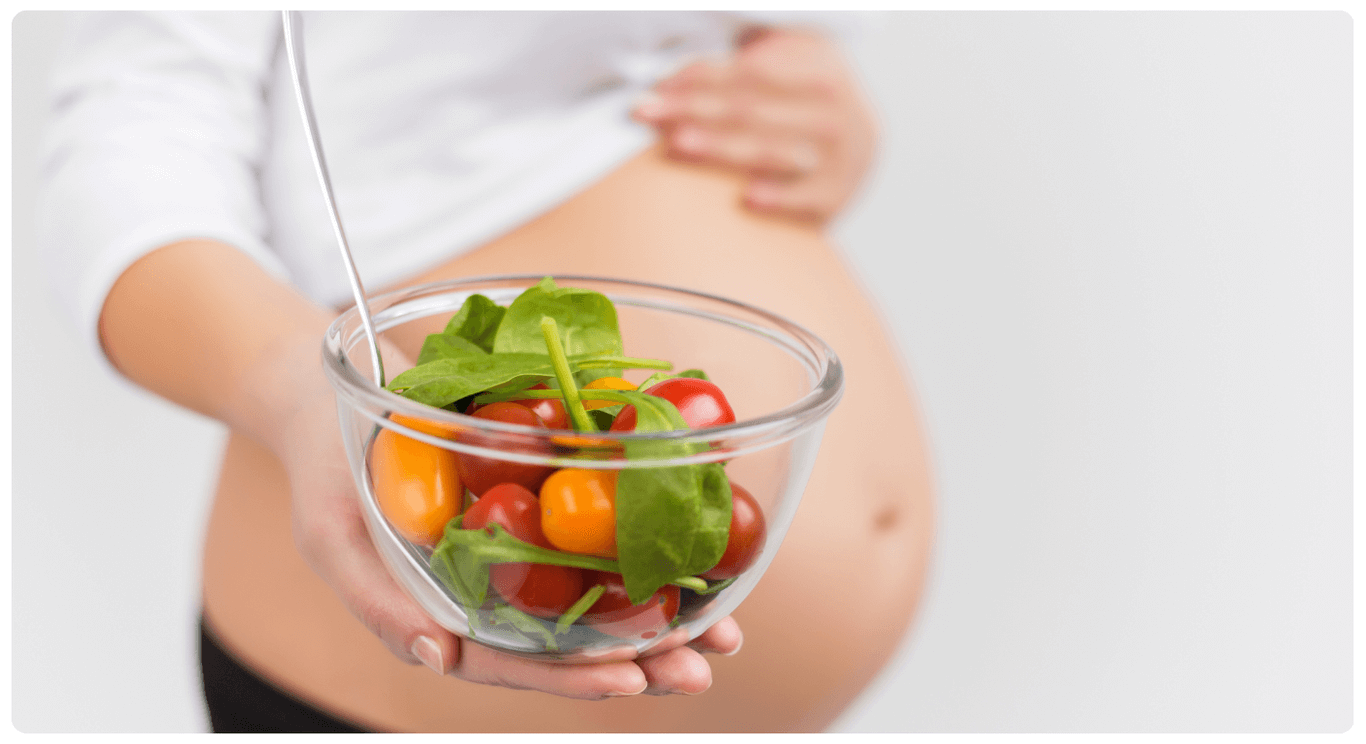Risks and Management Tips
Pregnancy is a beautiful and transformative journey, but it often comes with its challenges. One common concern among expectant mothers is excessive weight gain. Understanding the causes of rapid weight gain during pregnancy can help you maintain a healthy lifestyle and reduce potential risks for both you and your baby.
Normal Weight Gain During Pregnancy
It’s normal to gain weight during pregnancy, but the amount varies based on factors like your pre-pregnancy BMI. Typically, women are advised to gain 25–35 pounds throughout pregnancy. This includes the baby’s weight, increased blood volume, and essential fat stores.
According to the NHS guide to weight gain during pregnancy, weight gain should be gradual and proportional. If it feels excessive, it’s worth evaluating potential causes. For more detailed advice on managing weight, the Mayo Clinic provides comprehensive guidelines on staying healthy during pregnancy.
Causes of Excessive Weight Gain
1. Dietary Choices
- Increased Caloric Intake: Pregnancy often brings cravings, leading to overeating.
- Sugary and Processed Foods: Consuming high-calorie, low-nutrition foods contributes to weight gain.
- Emotional Eating: Stress or hormonal changes may trigger overeating.
2. Reduced Physical Activity
- Fatigue and Nausea: Pregnancy symptoms can reduce energy levels, making it hard to stay active.
- Lifestyle Adjustments: Many women adopt sedentary habits, especially during the later stages of pregnancy.
3. Hormonal Changes
- Pregnancy hormones like progesterone can slow digestion and increase appetite, leading to more calorie absorption.
4. Medical Conditions
- Hypothyroidism: A condition that slows metabolism and promotes fat storage.
- Gestational Diabetes: This leads to increased fat storage due to high blood sugar levels.
5. Cultural and Socioeconomic Factors
- Access to Healthy Foods: Limited access to fresh, nutritious food may force reliance on processed options.
- Cultural Norms: Some cultures encourage “eating for two,” which can lead to excessive calorie consumption.
Risks of Excessive Weight Gain
Maternal Health Risks
- Gestational Diabetes: Affects both mother and baby’s health.
- Preeclampsia: High blood pressure, which can cause complications during labor.
- Postpartum Weight Retention: Excessive gain may make it harder to lose weight after delivery.
Fetal Health Risks
- Macrosomia: Babies with higher birth weights may face delivery complications.
- Preterm Birth: Excessive weight gain is linked to early labor.
- Long-Term Health Risks: Increased likelihood of obesity or metabolic disorders in the child.
How to Manage Excessive Weight Gain
1. Focus on Balanced Nutrition
- Whole Foods: Incorporate whole grains, fruits, vegetables, and lean proteins.
- Hydration: Drink plenty of water and limit sugary beverages.
- Portion Control: Manage meal sizes to avoid overeating.
2. Stay Active
- Low-impact activities such as:
- Walking
- Swimming
- Prenatal yoga
- Aim for at least 150 minutes of moderate exercise weekly, but always consult your healthcare provider first.
3. Monitor Your Weight
- Regular Check-Ups: Track weight gain during prenatal visits.
- Self-Monitoring: Use a scale to monitor progress.
FAQs About Excessive Weight Gain
Is excessive weight gain during pregnancy harmful?
Yes, it can lead to complications such as gestational diabetes, preeclampsia, and delivery difficulties.
Can I lose weight during pregnancy?
Weight loss is not recommended. Instead, focus on maintaining healthy habits.
What is the safe way to manage weight during pregnancy?
- Prioritize balanced nutrition.
- Stay physically active with doctor-approved exercises.
Does rapid weight gain mean I’m having twins?
Not necessarily. It’s important to consult your doctor for a thorough evaluation.
How much weight should I gain during pregnancy?
This depends on your pre-pregnancy BMI. Your doctor will guide you based on your specific needs.
Final Thoughts
Understanding the causes of excessive weight gain during pregnancy is the first step to managing it effectively. By focusing on a balanced diet, staying active, and regularly consulting your healthcare provider, you can maintain a healthy pregnancy and reduce risks for both you and your baby.
